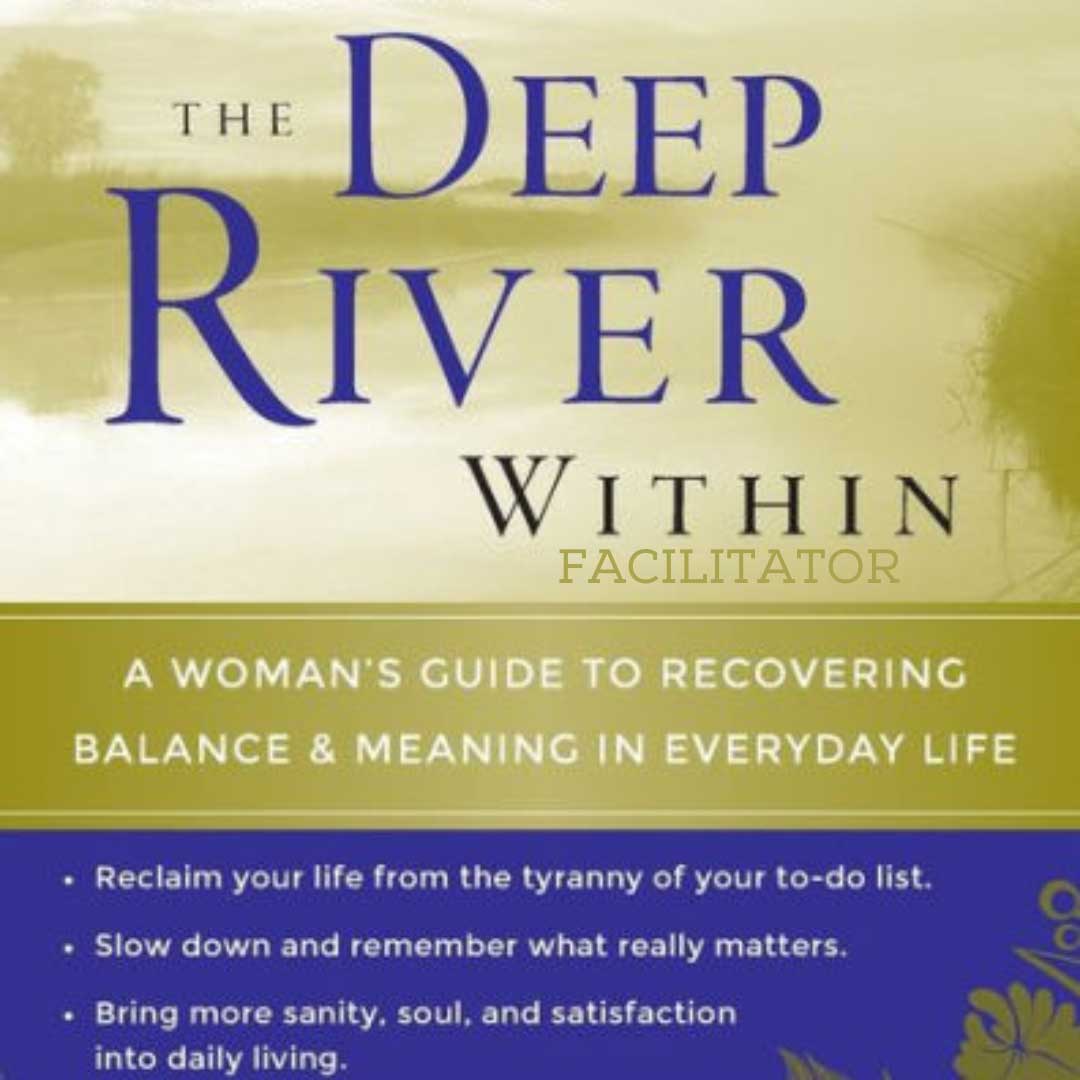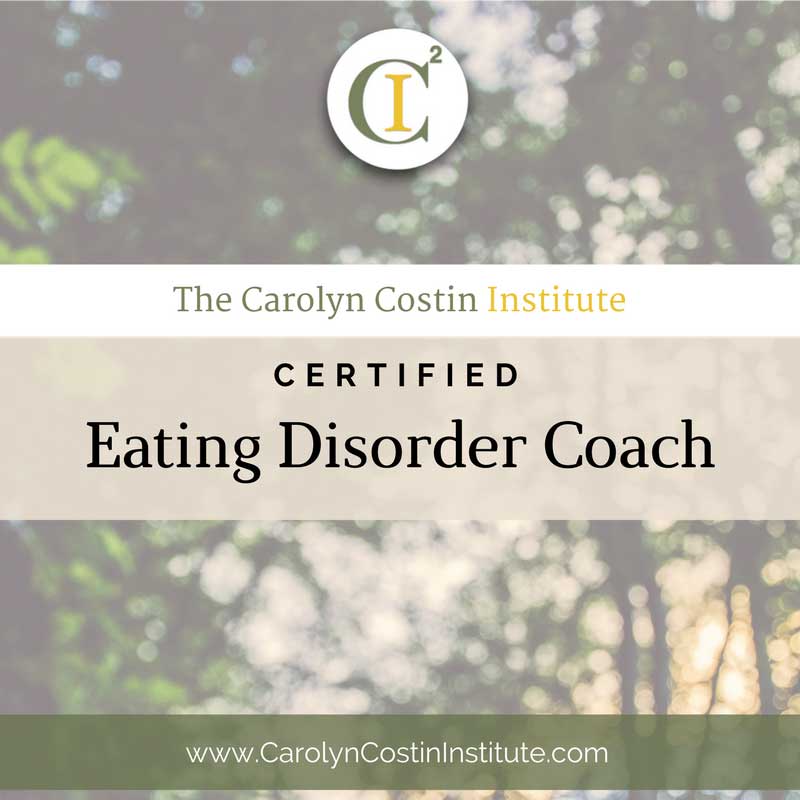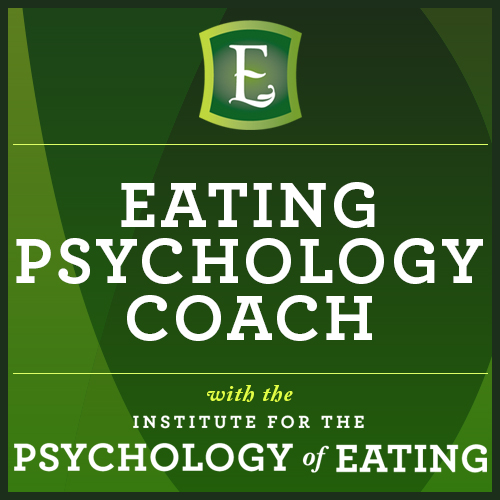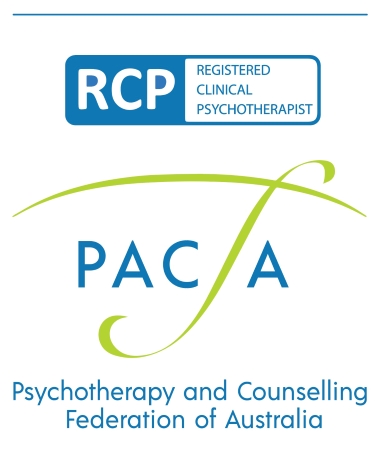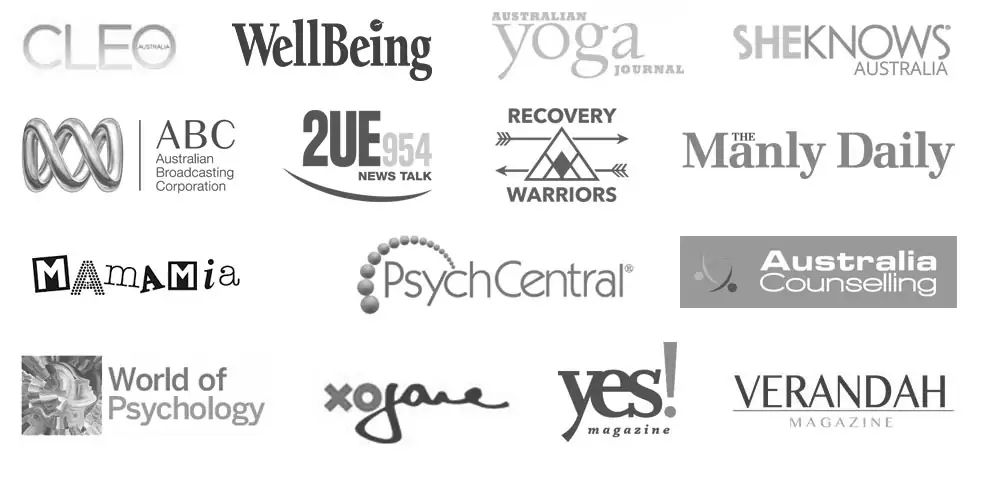When the Coronavirus pandemic swept the globe, imposing restrictions and lockdowns on almost the entire world’s population, great suffering followed. People lost loved ones, freedom, income, homes, and everything their ego and self had become identified with.
However, amidst this turmoil, and as we collectively paused – as documented in The Year the Earth Changed – nature seized the opportunity to bounce back and thrive. Across seas, skies, and lands, the Earth found its rhythm when human activity came to a halt. Simultaneously, many of us discovered a profound sense of value, meaning, and purpose as we were compelled to stop our usual busy lives.
Whilst the pandemic catapulted us into global suffering, history reminds us that there have been many inspirational people who have shown us that even through unimaginable suffering and trauma in life; it is possible to find value, meaning and purpose out of major life crises. Their stories provide us with hope in times of darkness and despair.
Nelson Mandela was a perfect example of someone who was able to do this. He turned his suffering into hope. His attitude was one of optimism, even in the face of extreme adversity. He wrote,
“I am fundamentally an optimist. Whether that comes from nature or nurture, I cannot say. Part of being optimistic is keeping one’s head pointed toward the sun, one’s feet moving forward. There were many dark moments when my faith in humanity was sorely tested, but I would not and could not give myself up to despair. That way lies defeat and death.”
In Man’s Search for Meaning, one of the most influential post-war psychology books published, holocaust survivor Viktor Frankl observed,
“The way in which a man accepts his fate and all the suffering it entails, the way in which he takes up his cross, gives him ample opportunity — even under the most difficult circumstances — to add a deeper meaning to his life.”
Finding meaning and purpose throughout difficult times as part of the grieving process
Hashtag COVID19 and Coronavirus on social media and we were bombarded with posts encouraging us to focus on the silver lining and to find meaning and purpose throughout the current world situation; one post in particular asked us which zone we want to be in – the fear zone, learning zone or the growth zone? Many of these quotes and infographics were inspirational for sure but we must remember that finding silver linings, and meaning and purpose throughout difficult times is a journey, and one that almost certainly catapults us into the depth and darkness of the grieving process along the way. I wrote about my dark night of the soul throughout the pandemic here.
Many years ago after receiving the news that my 12th IVF cycle had failed, I was encouraged to ‘just think positive and focus on the silver lining’. In that moment, all I felt was pain; excruciating, deep, black hole kind of pain. It was pain not only because of the loss of a dream but the pain of my trauma history. It was a seven-year journey through hell and back before I could see light at the end of the tunnel. Having become a mother through adoption 8 years ago – I now find myself saying often, ‘thank goodness for infertility, we wouldn’t be blessed with these amazing children otherwise!’ Entering the growth zone takes time.
In That Discomfort You’re Feeling Is Grief, David Kessler – co-author with Elisabeth Kubler Ross of On Grief and Grieving – discusses their five stages of grief and his new work on the sixth stage of grief – finding meaning. The stages are not linear and we may find ourselves moving in and out. Throughout the Coronavirus Crisis, it looked like:
1. Denial: This virus won’t affect us, we are only in our twenties
2. Anger: You are making us stay home and away from our activities, fuck you, I’m going out anyway
3. Bargaining: OK, I get it – if we social distance for two weeks then everything will be better, right?
4. Sadness/Depression: I don’t know when this will end
5. Acceptance: This is happening. This got us in touch with our sense of agency and power. We focused on those things we could control and let go of those we could not.
6. Finding meaning: There was great suffering and… something valuable came out of this experience
Messages of positive thinking and ‘find the silver lining’ have the right intention but often the wrong intervention. They are well meaning but they encourage detouring around the grieving process and provide a direct route to a spiritual bypass. They can also unconsciously increase spiritual narcissism. For example, in the zone infographic I mentioned earlier, there is a judgment towards those who are stuck in the fear zone and a positive vibe towards those in the learning and the growth zones. The behaviours we are seeing in the fear zone are in some cases a fight/flight/freeze response to trauma. Regardless of where we are (likely moving between all 3 zones), the most helpful thing to do is to be kind and compassionate towards ourselves no matter where we are, even if we are stuck in fear, panic buying, rebelling against authority and so on!
As someone who works with women who have suffered deeply due to early childhood trauma, emotional neglect and the resulting issues: anxiety, addictions, co-dependency, depression and disordered eating – what I know for sure is that spiritual bypassing, avoiding, sweeping under the rug, numbing and medicating our pain – are all useful mechanisms for coping short term but long term, are all sure-fire ways to more suffering!
Being with, and processing our difficulties, however, is not about suffering unnecessarily. Viktor Frankl warns us that ‘to suffer unnecessarily is masochistic rather than heroic.’
Transformation and post traumatic growth
“Transformation usually involves the shedding of old ways, especially those that have become burdens. This practice proclaims that no matter who you are, no matter what has already happened to you, no matter what you have done, it is still possible to be and do something new.” Frederic and Mary Ann Brussat
Whether it is individually as we grapple with our personal dilemmas and demons or globally, as in the case of the Coronavirus, all crises call us to awaken to a new way of being. As with any shift in identity caused by a crisis, Joan Evans, encourages us to neither deny or repress our suffering but to include this as a learned experience which is incorporated into our new identity. It is precisely because of working our way through a ‘long and arduous journey’, as Psychosynthesis Founder Roberto Assagioli puts it, that we build our capacity for resilience and meaning making.
It is this focus on finding meaning and purpose throughout difficult times, that Frankl counts as helping him not only survive in Nazi death camps – but to continue on and thrive afterwards in life.
Journal prompts to help you work through a crisis
• How are your symptoms or those of the current world crisis limiting you? How are they serving you? It may seem strange that something so limiting to your life-energy, can also be serving you in some way. It’s about making space for both parts of you to have a voice.
• Is your life energy trapped in maintaining cycles of anxiety, addiction, depression, eating problems, overspending, negative thinking, perfectionism or……….? What steps do you need to take to free yourself of your unnecessary suffering?
• Looking back over your life, has anything positive arisen out of difficult circumstances? How have you grown because of this?
• Who are your role models that have overcome adversity? What qualities do you admire about them? How can you activate these parts and qualities within yourself?
• What does the following quote mean to you? ‘God, grant me the serenity to accept the things I cannot change, the courage to change the things I can, and the wisdom to know the difference.’
• Write down anything you feel bad about or the painful feelings you are having today. Now write to that part of you that is suffering, a letter full of acceptance, kindness and compassion (just like you would write to a friend who is suffering). What happens when you show other parts of yourself kindness and compassion?
• Choose a seed word from my Soul Qualities Journal and use it in your journal writing
• What makes your heart sing? What steps do you need to take to actualize this?
• Connect with the cycles and rhythms of nature. Wonder about how when something dies, it makes room for growth.
Check out these inspirational life-stories by people who have overcome crisis and found meaning and purpose throughout difficult times
Wintering: The Power of Rest & Retreat in Difficult Times by Katherine May
The Marmalade Diaries: The True Story of an Odd Couple by Ben Aitken
The Long Walk to Freedom by Nelson Mandela
Man’s Search for Meaning by Viktor Frankl
Left for Dead by Samantha Barlow
Educated by Tara Westover
Back After the Break by Osher Gunsberg
The Happiest Refugee by Anh Do
Girl in the Woods by Aspen Matis
Unbreakable: Women Share Stories of Resilience and Hope by Jane Caro
I Beat the Odds: From Homelessness, to the Blind Side, and Beyond by Don Yaeger
A Child Called It by Dave Pelzer
The Diary of Anne Frank by Anne Frank
Connect with your body to help you find meaning in the darkness
“Qoya is based on the idea that through movement, we remember. We remember our essence is inherently wise, wild and free.”
Are you struggling throughout this difficult time?
Come and join my free membership group for trauma suffers: Trauma Warriors TM
If you need a greater level of support to work through any of the topics mentioned here, search for a trauma therapist who holds a hopeful context and who is able to re-frame life’s difficulties but who can also sit with, and bear, deep suffering. This work and is not about finding a quick fix or a solution – it is deep trauma and soul work.
Photo Credit: Sylwia Bartyzel








